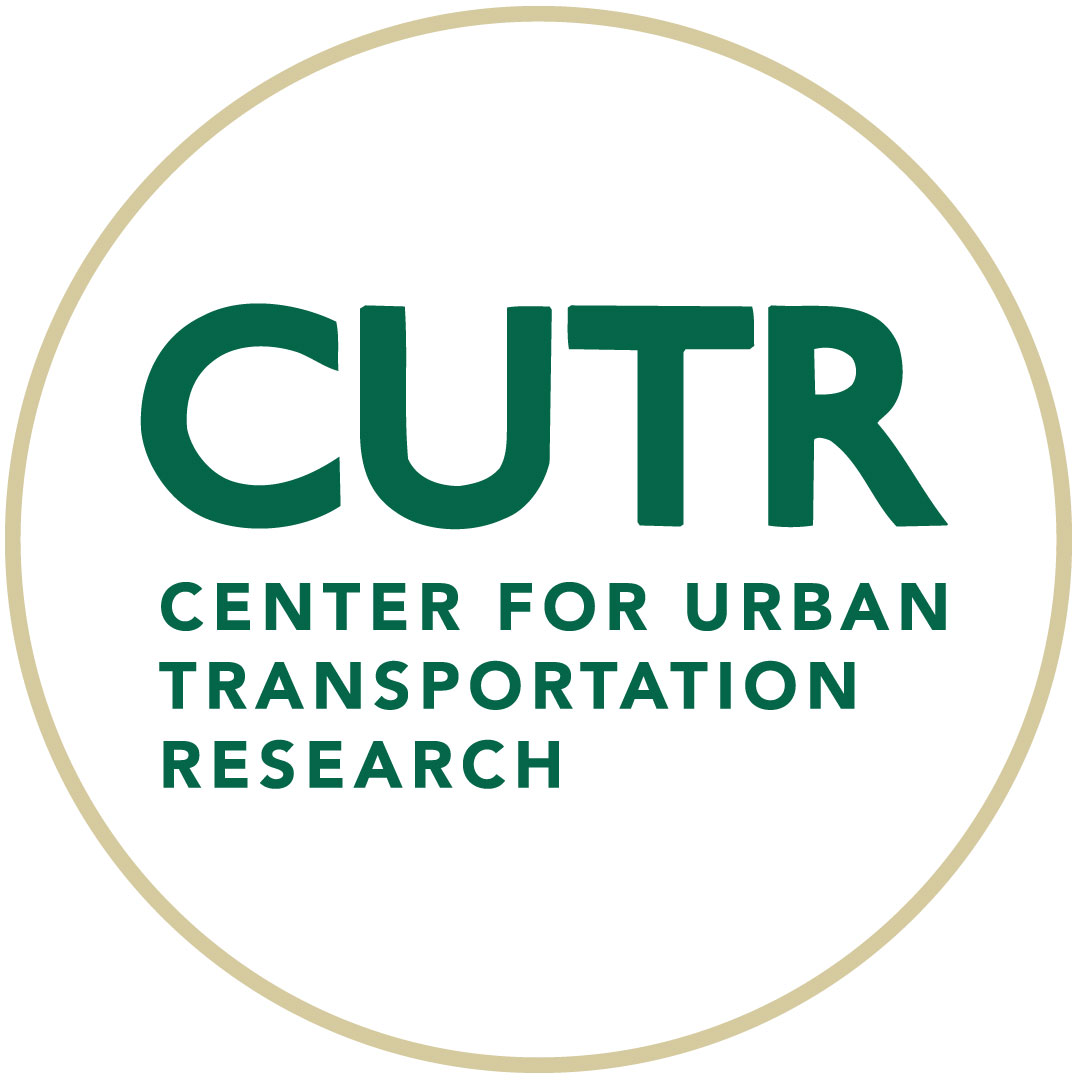Healthy Buddy Program changes its focus to help seniors get vaccinated

When the Healthy Buddy Program (HBP) at the Center for Urban Transportation Research (CUTR) was moved completely online in May, program leaders shifted their attention from coordinating rides for seniors to getting them information about COVID-19.
HBP now aims to provide timely information about the COVID-19 vaccine to its participants by updating its website every Monday with lists of vaccination sites in Hillsborough County, information on how to make an appointment and ways to get the vaccine at home aside from using their transportation resources, according to Siwon Jang, HBP founder and CUTR research associate.
Volunteers also mail individualized packages to participants containing important information regarding their health, and HBP has transitioned in-person meetings between students and seniors to mostly phone conversations to protect everyone involved.
“Our recruitment process originally involved students going to senior centers,” said Jang. “We had to change our entire format from recruitment to the delivery of the final list of resources that older adults can use.”
Founded in 2018 by Jang, HBP started with the goal of connecting senior citizens who don’t drive in Hillsborough County with student volunteers who assist them in developing a personalized transportation plan in an effort to improve their quality of life and solve equity disputes among older populations.
“Most of the older adults that do not drive fall into a low-income group,” said Jang. “They were our target population for this program because they’re the most vulnerable to COVID-19.
“However, our matching process has been made extremely difficult due to COVID and translation issues involving their technology.”
To complete the program, a senior must attend one session that assesses the needs of the senior, attend a second session in which they are paired with students to create transportation plans and fill out a post-program survey. So far, only five seniors have fully completed it.
HBP has had to deal with some setbacks to the program, according to Jang, including low enrollment numbers, lack of technological knowledge from the target populations and translation issues from underserved populations that speak foreign languages. However, she remains optimistic the program will continue to grow in the future.
“I recently heard from the senior centers that vaccination is almost done for that age group,” she said. “When they reopen the senior centers in July, I anticipate the program will get back on track.”
More Spanish-speaking senior citizens have also recently reached out to the program through word-of-mouth advertising, making HBP leadership realize the need for students fluent in Spanish to accommodate senior citizens who don’t speak English. Currently, two to three bilingual student volunteers are involved in the program.
Several institutions collaborate with the HBP to provide money and transport, with funding for the English program provided by the Center for Transportation, Environment and Community Health at Cornell University and the Spanish program from the Center for Transportation Equity, Decisions and Dollars.
While the program is limited to Hillsborough County at the moment, Jang said work is being done to replicate the program in other states.
“We were able to secure funding to replicate the Spanish-speaking program in Texas,” said Jang. “The long-term goal is to make the program more available at a national level.”
She said she also intends to target other populations of people who speak different languages for the future of the program in order to make the lives of senior citizens of all populations better.
“Through this program, I really hope that this can be expanded to other counties and communities,” she said. “So we can contribute to improve the older adults’ quality of life, especially those in hard and difficult situations.”







